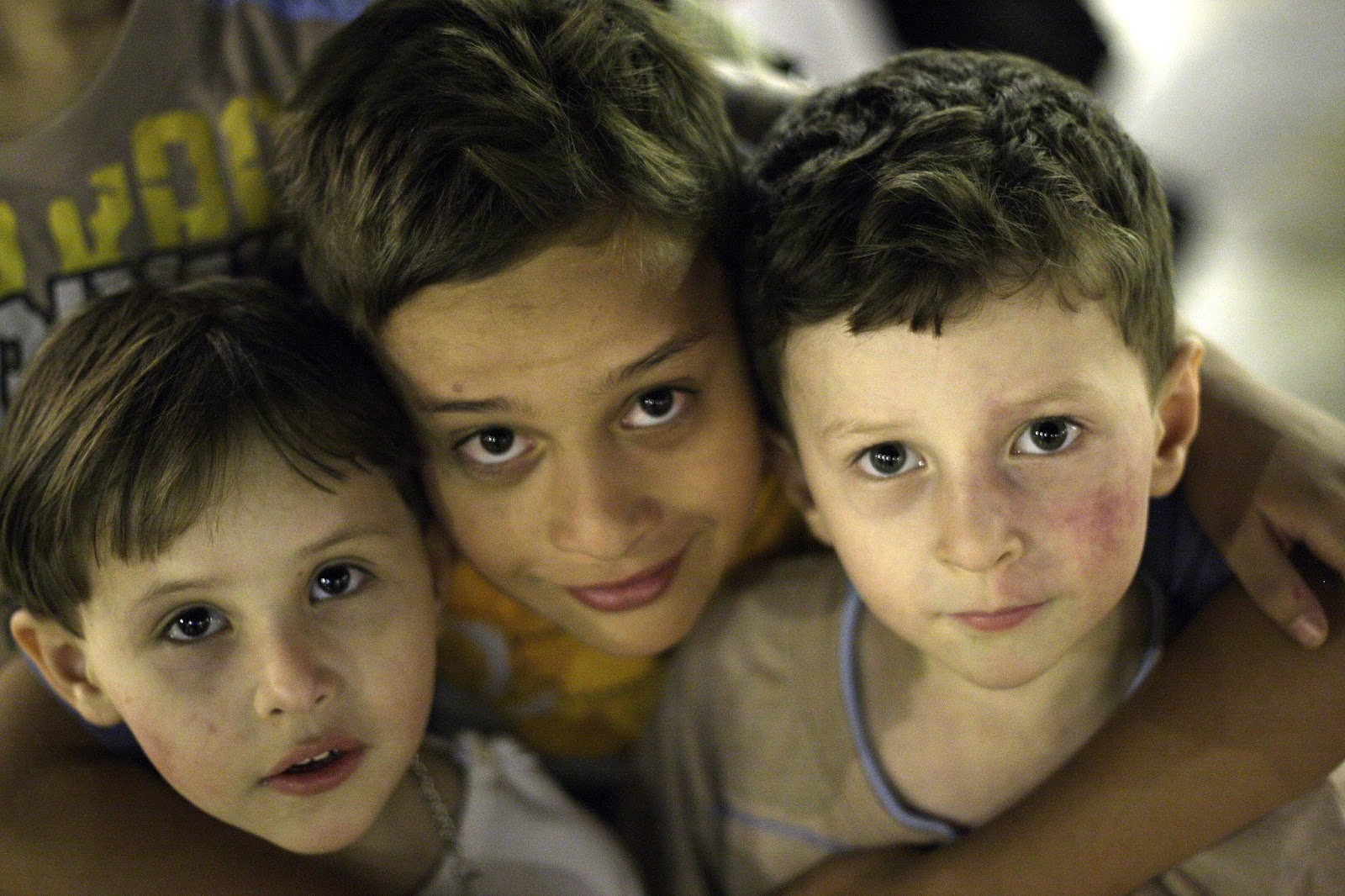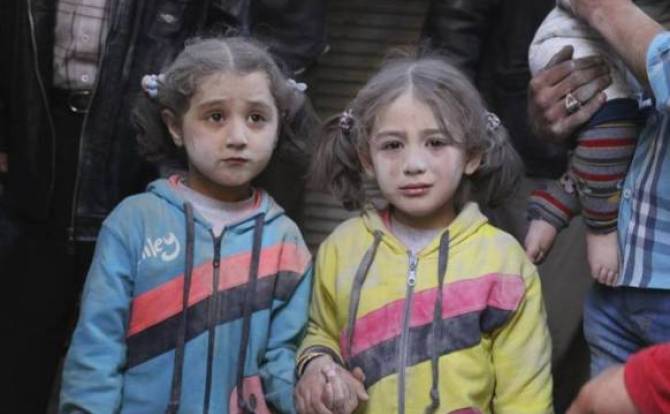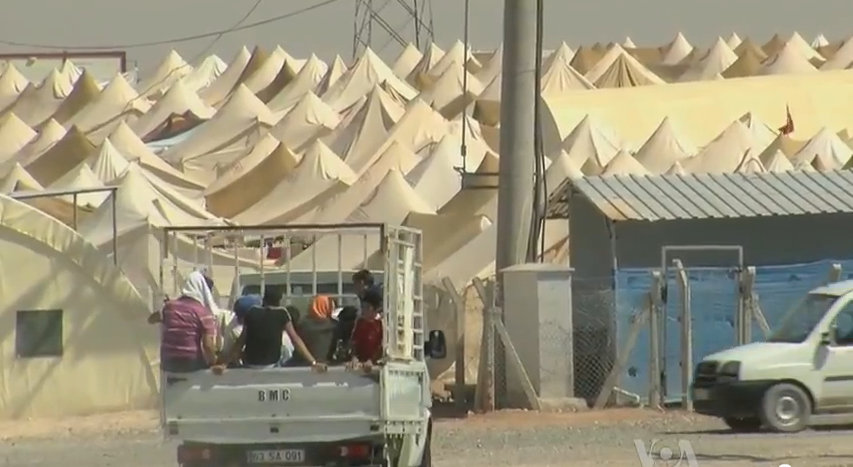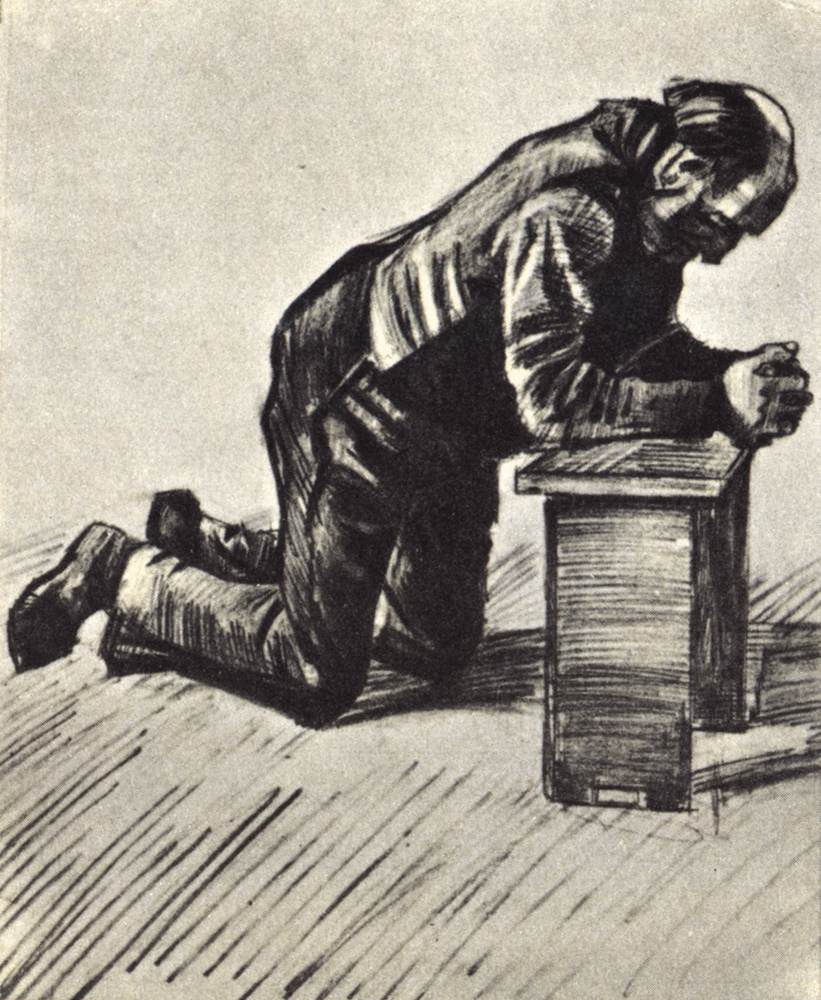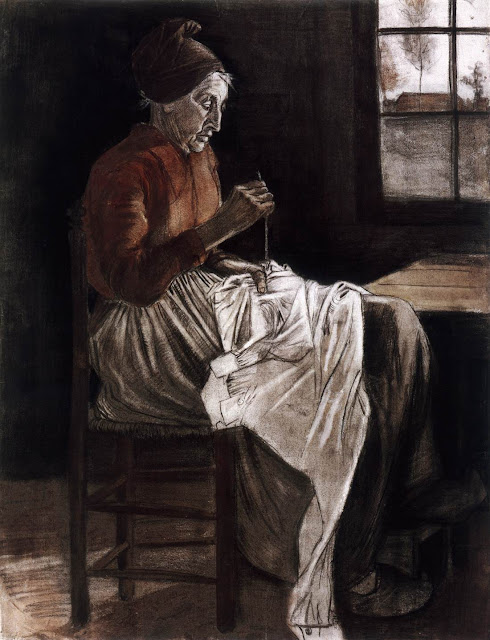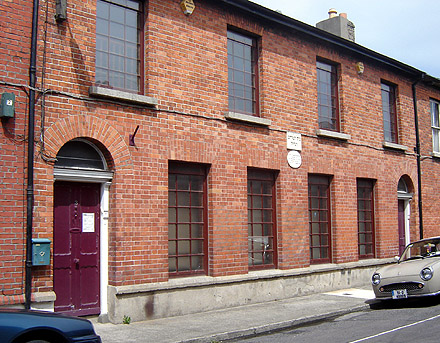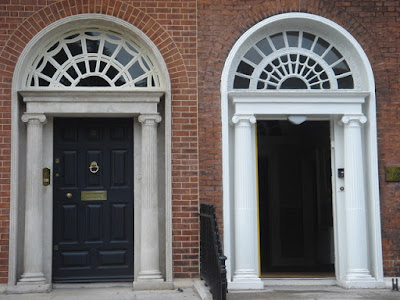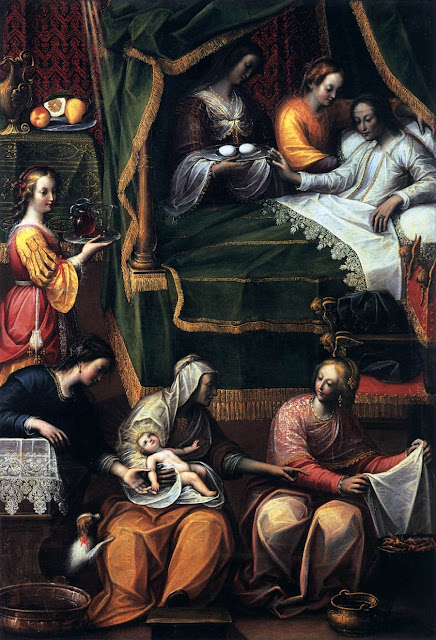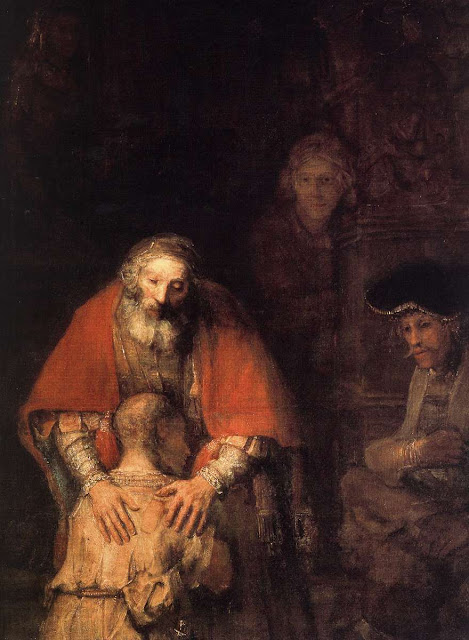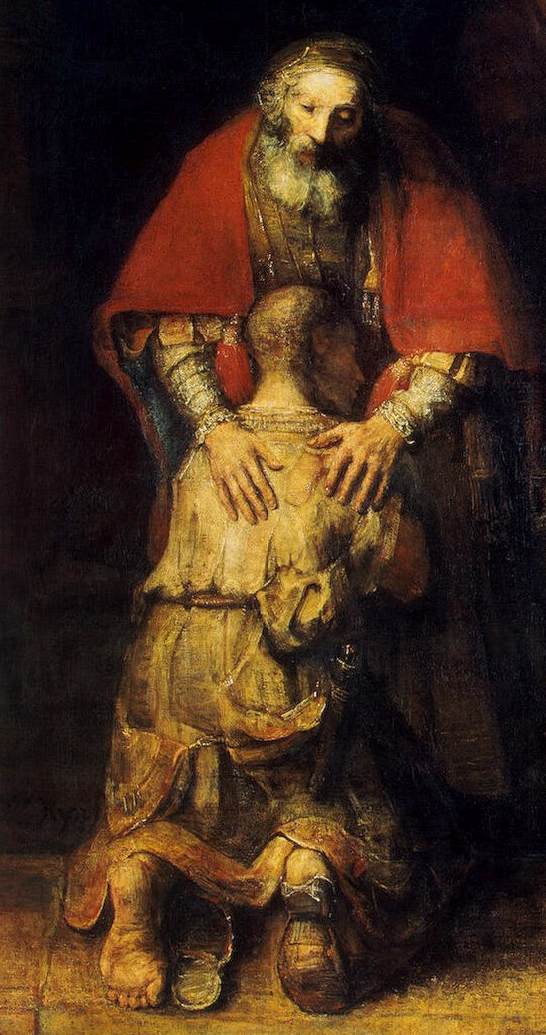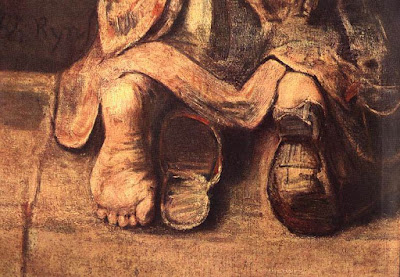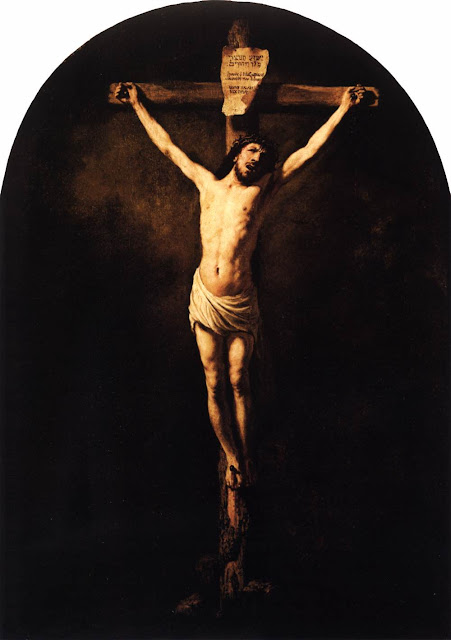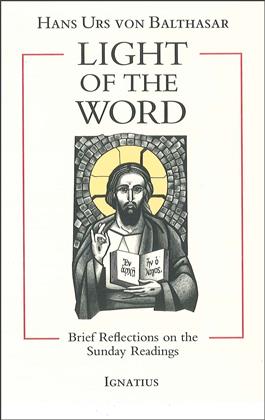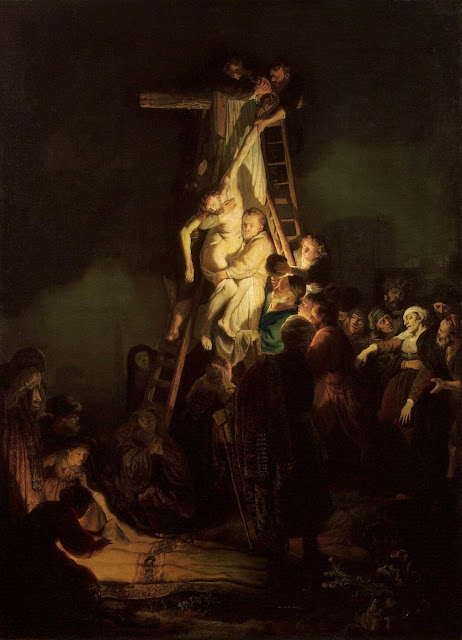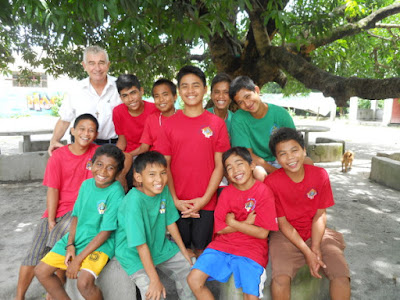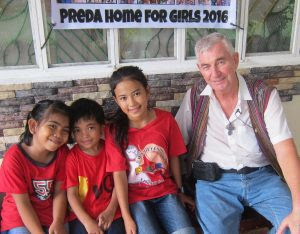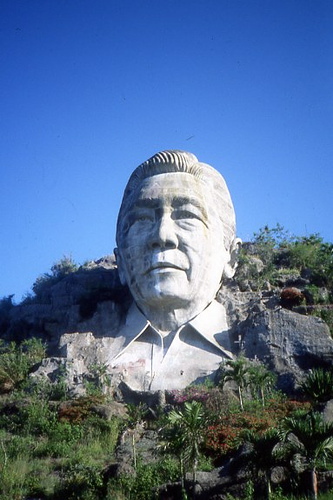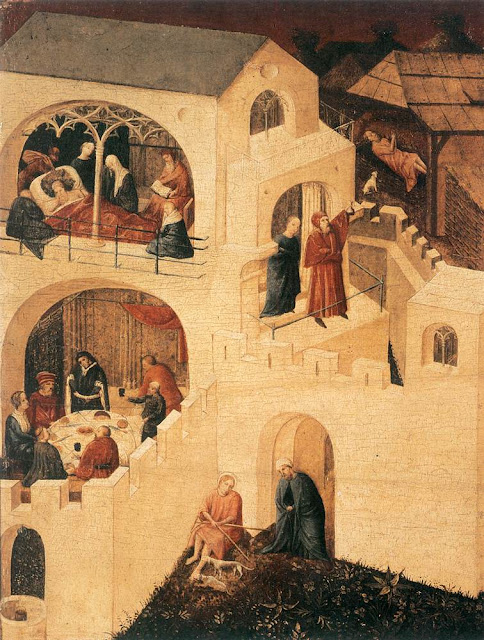
Parable of Dives and Lazarus, Unknown Master, c.1420
Musée Cluny, Paris [Web Gallery of Art]
Readings (New American Bible: Philippines, USA)
Readings (Jerusalem Bible: Australia, England & Wales, India [optional], Ireland, New Zealand, Pakistan, Scotland, South Africa)
Gospel Luke 16:19-31 (New Revised Standard Version, Catholic Edition, Canada)
Jesus said to the disciples: “There was a rich man who was dressed in purple and fine linen and who feasted sumptuously every day. And at his gate lay a poor man named Lazarus, covered with sores, who longed to satisfy his hunger with what fell from the rich man’s table; even the dogs would come and lick his sores. The poor man died and was carried away by the angels to be with Abraham. The rich man also died and was buried. In Hades, where he was being tormented, he looked up and saw Abraham far away with Lazarus by his side. He called out, ‘Father Abraham, have mercy on me, and send Lazarus to dip the tip of his finger in water and cool my tongue; for I am in agony in these flames.’
“But Abraham said, ‘Child, remember that during your lifetime you received your good things, and Lazarus in like manner evil things; but now he is comforted here, and you are in agony. Besides all this, between you and us a great chasm has been fixed, so that those who might want to pass from here to you cannot do so, and no one can cross from there to us.’ He said, ‘Then, father, I beg you to send him to my father’s house— for I have five brothers—that he may warn them, so that they will not also come into this place of torment.’ Abraham replied, ‘They have Moses and the prophets; they should listen to them.’ He said, ‘No, father Abraham; but if someone goes to them from the dead, they will repent.’ He said to him, ‘If they do not listen to Moses and the prophets, neither will they be convinced even if someone rises from the dead.’”
Lazarus lives today in Aleppo, Syria
Last Monday an aid convoy to Aleppo was bombed.

Missionaries of Charity [Wikipedia]
An Indian Missionary of Charity who was based in Hong Kong for some years told me of something that happened there shortly before Christmas 2009. Yang was what Sister called a ‘street-sleeper’, ie, someone living on the streets. Strictly speaking he wasn’t, as he had a little place where he lived with his mother. Both were Buddhists. Yang was in poor health and couldn’t get a job. He mixed mostly with those who were ‘street-sleepers’.
He first came across the Missionaries of Charity when they were distributing lunch-boxes to very poor people in the street. He began to come to their place regularly for a meal and made a point of coming to the annual Advent celebration when gifts would be distributed and a meal provided. Yang’s mother often wondered where he got his regular meals. ‘From Sister’ was his answer to her queries but she didn’t know who ‘Sister’ was.
Yang didn’t attend the Advent celebration in 2009 because he was in hospital but he asked his mother to go in his place. When she arrived the celebration was over but the Sisters had kept one meal in case someone would arrive late. So they gave it to her.
A day or two later, around 19 0r 20 December, Yang died. Some time after that his mother came to the Sisters to express her profound gratitude to them for their kindness and hospitality to her son and to herself.
Yang and his mother experienced the personal love of Jesus for them through the Missionaries of Charity who took care of the many Lazaruses outside their door. And Sister told me that food never ran out. It was constantly supplied by hotels and restaurants.
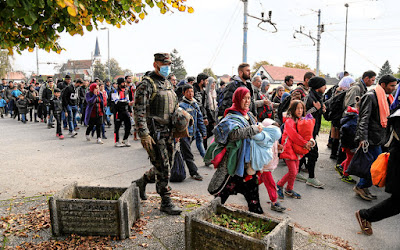
Syrian refugees and migrants, Slovenia, 2015 [Wikipedia]
Jesus gives a name to Lazarus but not to the rich man, though ‘Dives’, the Latin for ‘rich’, is often used as a name for him, such as in the ballad below. It is difficult to give a name to each person in a refugee camp where there may be tens of thousands, a sight we are all too familiar with. Yet people are extraordinarily generous when a calamity occurs, whether caused by nature or by man. And there are many who leave the comfort of their own home and homeland to take care of those in such places who have nothing.
Lazarus also lives today in Dublin, Ireland
Each person in a refugee camp has a name, a family, a history, hopes, God-given talents, an invitation to live with God for ever in heaven. And even in the relatively affluent West many are in need because of the economic situation. The Capuchin Day Centre in Dublin, for example, which initially helped individuals really down on their luck, as we say in Ireland, is now helping families that in the past didn’t experience hardship.
There is much to be done to bring the Gospel to change the lives of the many Lazaruses throughout the world – working for peace, working for justice at the level of legislation and so on. God calls some to serve Lazarus in this way. But while the slow work of peace-building and the rest goes on, Lazarus is outside our door each day in need of sustenance to help him survive till the following day.
‘Dives’ is the Latin word for ‘rich’. Though Jesus gave a name only to the beggar in the parable, Lazarus, ‘Dives’ is often used as a name for the rich man. Above is an old English ballad based on the parable. Some of you may recognize the melody as the same one used for the Irish song The Star of the County Down. I found the lyrics of the song here but adjusted them in places. Ballads have variations. ‘Divès’ becomes ‘Diverus’ at times.
As it fell out upon a day,
Rich Divès made a feast,
And he invited all his friends,
And gentry of the best.
Then Lazarus laid him down and down
And down at Divès’ door:
‘Some meat, some drink, brother, Diverus,
To bestow upon the poor.’
‘Thou art none of my brother, Lazarus,
Lie begging at my door;
No meat, no drink will I give to you,
Nor bestow upon the poor.’
Then Divès sent to his merry men,
To whip poor Lazarus away;
They had no power to strike one stroke,
But flung their whips away.
Then Lazarus laid him down and down
Even down at Divès’ gate:
‘Some meat, some drink, brother, Diverus,
For Jesus Christ’s sake.”
“Thou art none of my brother, Lazarus,
Lies begging at my gate;
No meat, no drink will I give to you,
For Jesus Christ’s sake.’
Then Divès sent his hungry dogs,
To bite him as he lay;
They had no power to bite at all.
They licked his sores away.
As it fell out all on a day,
Poor Lazarus sickened and died;
There came an angel out of heaven,
His soul therein to guide.
‘Rise up! rise up! brother Lazarus,
And go along with me;
For you’ve a place prepared in heaven,
To sit on an angel’s knee.’
As it fell out all on a day,
Rich Divès sickened and died;
There came two serpents out of hell,
His soul therein to guide.
‘Rise up! rise up! brother Diverus,
And go with us and see;
A dismal place prepared in hell
From which thou canst not flee.’
Then Divès looked up with his eyes
And saw poor Lazarus blest;
‘Give me one drink, brother Lazarus,
To quench my flaming thirst.
‘O, was I now but alive again
In the space of one half hour!
O, then my peace would be secure
The devil should have no power.’
